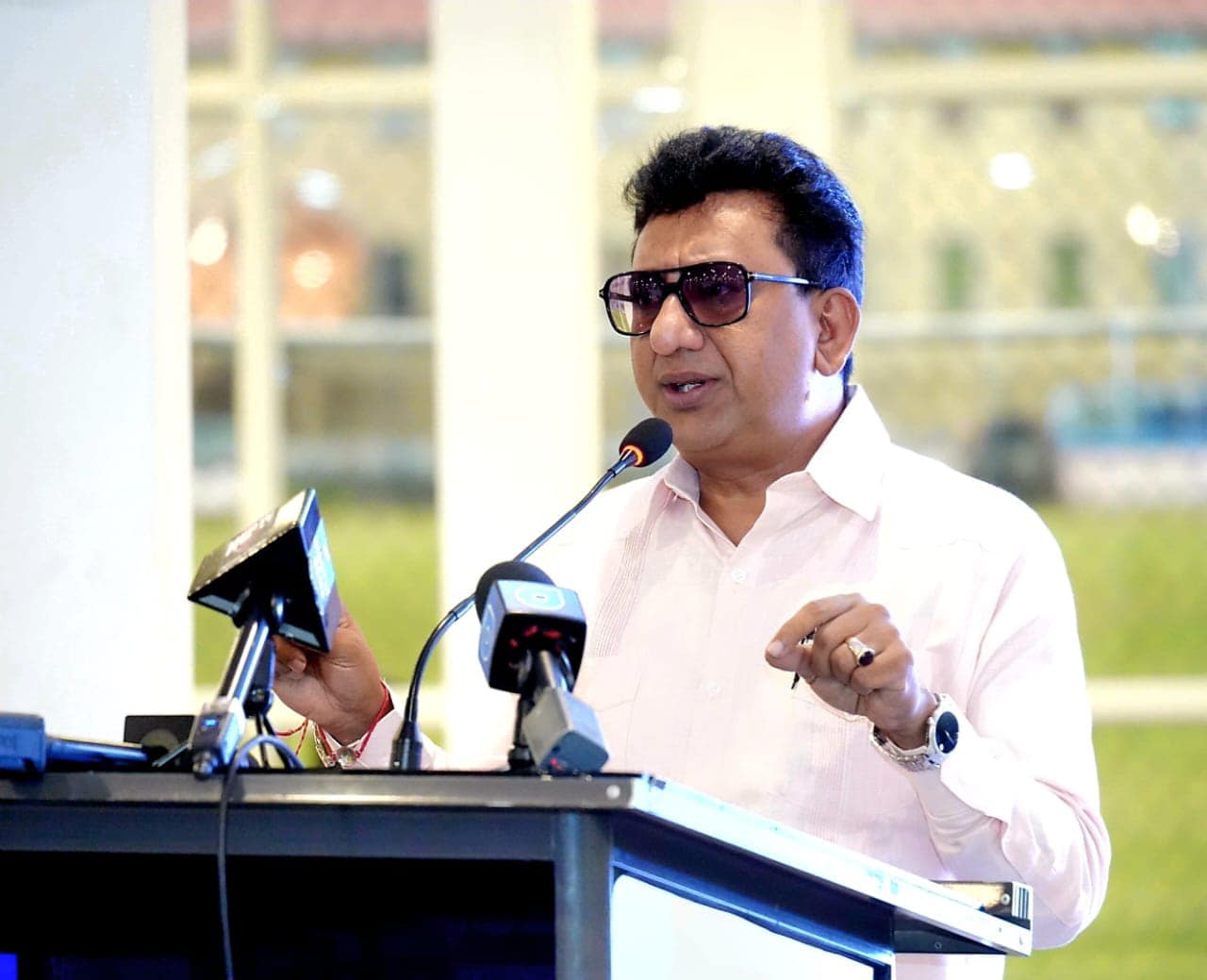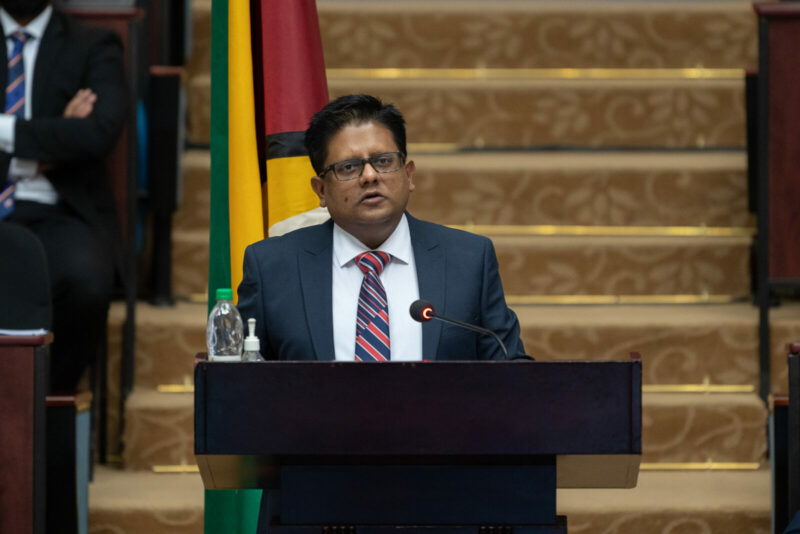Almost one month after High Court Judge Sandil Kissoon ruled that teachers’ salaries should not be deducted following their participation in a five-week strike, the written judgement is yet to be disseminated
So Attorney General and Minister of Legal Affairs, Anil Nandlall, SC, says the government will file its appeal in the case and make the necessary application for a stay of the decision.
Nandlall, during his weekly ‘Issues in the News’ programme, explained that the government will proceed now since it is bound by a six-week timeline to file an appeal. The judgement was handed down on April 19, so nearly a month has already elapsed.
“I had planned to wait for the judgement to be delivered before I file my appeal but since we are running out of time I will now proceed to file the appeal and make my application for a stay.
“Of course, I reserve the right to add further grounds to the appeal when the written appeal becomes available,” the Attorney General said during the live programme.
In the ruling, Judge Kisson also noted that the government acted “arbitrarily” when it halted the automatic deduction and transferral of union dues from teachers’ salaries. This was the second concern brought by the Union in its case.
Among other things, the Judge ordered that there should be no deduction or withholding of teachers’ salaries since doing so would be “arbitrary, unlawful, unreasonable and unconstitutional.” He also ordered that the decision to continue the automatic check off system of deducting union dues from teachers’ salaries and paying it to the Union be quashed.
Immediately after the ruling, Mr. Nandlall said the government will appeal the court’s decision.
Nandlall’s main contention was that Judge Kissoon did not address the distinction between a “right to strike” and a “freedom to strike.” According to him, Guyana’s constitution provides a freedom, not a right, to strike though doing so may incur sanctions such as withholding payments. In such cases, Nandlall said the issue of “no work, no pay” arises.












